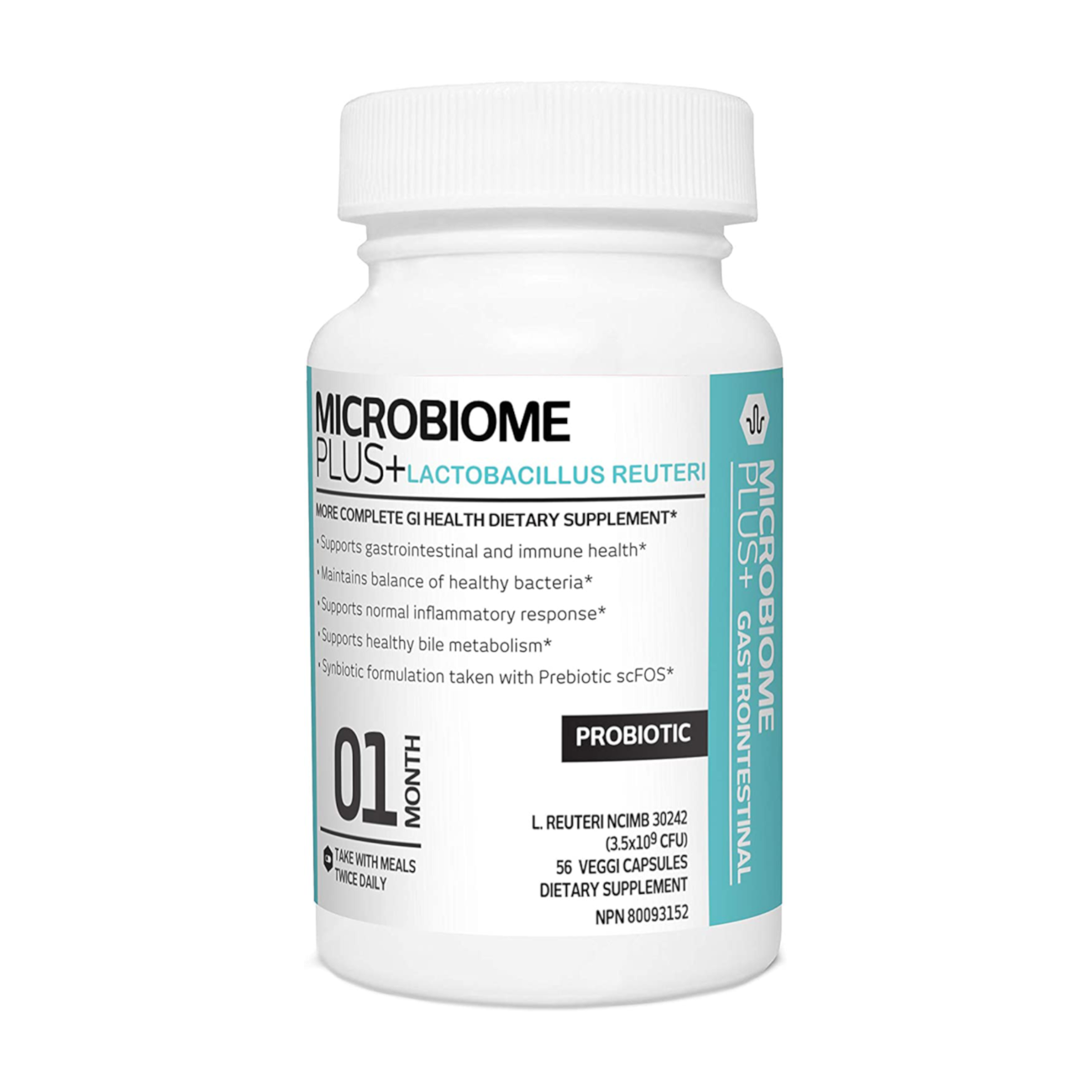Probiotics and vitamin D have an intimate relationship that synergistically protects bone, brain and general health. This connection may also explain why supplemental vitamin D does not always raised low levels of this nutrient. Often we focus on a sole answer for each nutritional problem. However, the incredible body and its various components work in concert rather than alone. So while it may seem logical that a person with low vitamin D just requires more of this substance, nature has other ideas. Instead, reactions result in a combined effect that is far greater than the sum of its parts.
Before we look at the research, let’s recap the importance of probiotics and vitamin D.
Benefits of probiotics
Probiotics are defined by the World Health Organization as “live strains of strictly selected microorganisms which, when administered in adequate amounts, confer a health benefit on the host.” These bugs have been shown to improve microbial balance and improved gut health and have potential therapeutic benefits that include:
– Improvements in gastrointestinal diseases (diarrheas, inflammatory bowel disease, irritable bowel syndrome)
– A reduction in the negative thoughts related to sad mood
– Calmative effects in anxiety, depression, and obsessive-compulsive disorder
– Reduced total blood cholesterol
– Lowered levels of inflammation
– Enhanced weight loss
Benefits of vitamin D
Vitamin D is known as the sunshine vitamin because it is produced through sufficient sun exposure. A small range of foods including fatty fish and egg yolks can also boost our supply. For a long while, we have known it is crucial for optimal bone health but research shows this incredible nutrient confers widespread benefits that include:
– Prevention of osteoporotic fractures
– Reduced risk of cardiovascular disease, diabetes and insulin resistance
– Treatment of the skin condition, psoriasis
– Improvements in mental illness
Vitamin D: The staggering (mis)truth about healthy levels
Traditionally, mainstream health has considered the level of vitamin D adequate at a paltry 50 nmol/L. However, research published in the American Journal of Clinical Nutrition found that, at least in relation to bone mineral density, colorectal cancer, dental health, and the risk of falls and fractures, the healthiest blood concentration level begins at 75 nmol/L, with the best outcomes at between 90 and 100 nmol/L.
With an estimated 73% of women and men between the ages of 20-49 years and 77% and 78% respectively of those over 70 years of age having a vitamin D level below 75 nmol/L, deficiency is widespread. The consequences are dire.
Benefits of strain-specific probiotics for an ideal vitamin D level
The article Oral supplementation with probiotic L. reuteri NCIMB 30242 increases mean circulating 25-hydroxyvitamin D: a post hoc analysis of a randomized controlled trial delivered powerful support for the benefit this strain brings to the level of vitamin D.
The authors investigated 127 adults who, other than high cholesterol levels, were healthy. Not only did they find a reduction in low-density lipoprotein-cholesterol (LDL cholesterol) with supplementation, they noted that this strain-specific probiotic increased the participants vitamin D levels by a staggering 14.9 nmol/L, or 25.5%.
This potent elevation of vitamin D has the potential to protect against a range of serious health problems and provide an effective treatment option for others, with the additional pronounced benefits that accompany a safer approach.










